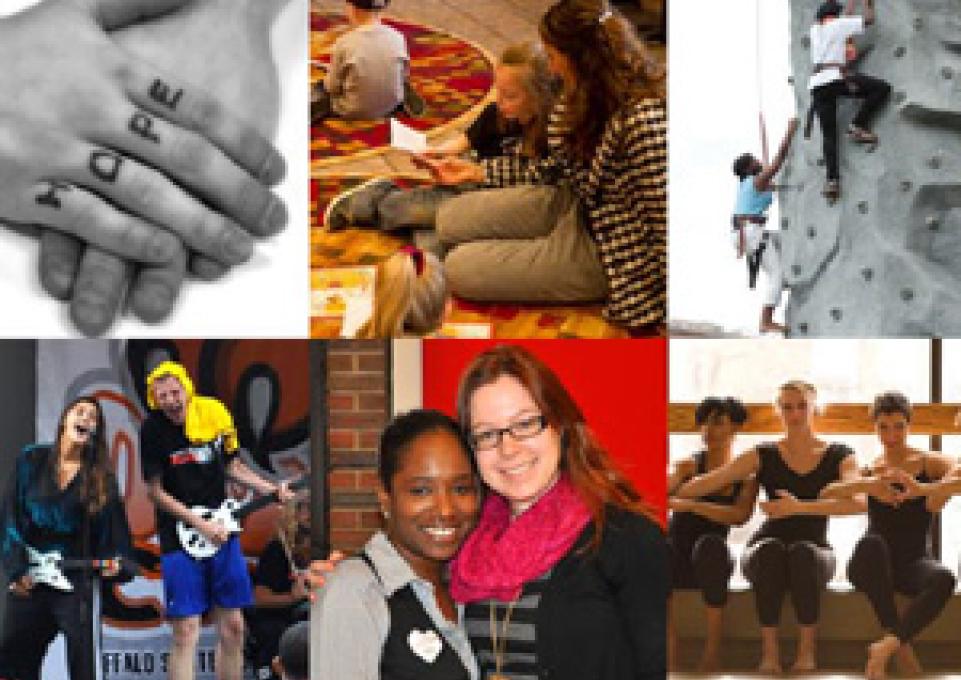
Nothing and nobody is more important than your mental health. Without it, the most basic daily activities are fraught with difficulty: getting out of bed, eating, sleeping. Yet, even in 2012, a stigma is attached to mental illness, and shame keeps people locked in silent suffering.
April 2 through April 6 is Mental Health Awareness Week, and the Counseling Center at Buffalo State has scheduled many events to help the Buffalo State community understand two things: that mental illness is nothing to be ashamed of, and that mental health can be maintained and improved.
“Mental health is hard to define,” said Suzanne Johnson, senior counselor at the Counseling Center, “but for our purposes, mental health is how we think and feel, and how that affects our behavior. A person could have a mental illness and still practice good mental health habits by taking care of themselves.”
Johnson said that everyone has mental health, just as everyone has physical health. To be in peak mental health, a person must make choices that lead to excellent mental health. “We all know that eating right and getting enough exercise helps us maintain, or regain, good physical health,” she said. “Good choices help us maintain and improve our mental health, too.”
Take, for example, ice-skating. That’s one of the activities taking place this week (April 4 at noon at the Ice Arena). “Besides being active, you can have fun, be with your friends, and get out of just yourself,” said Johnson. Another activity that’s been shown to promote mental wellbeing is petting a dog—and Canine Therapy Teams of WNY will be on campus with their dogs to let you do just that (Thursday, April 5, at noon in Campbell Student Union).
Take Back the Night, Wednesday, April 4, is tied to mental health because it leads to a sense of empowerment. “Feeling helpless and voiceless diminishes your mental health,” said Johnson.
Keynote Speaker: A Survivor
Margaret Bertram, who earned a bachelor’s degree from Illinois Wesleyan University and a master’s degree from the University of Connecticut, struggled with shame associated with discovering her lesbian identity, major depression, obsessive compulsive disorder, and anorexia nervosa—all while projecting an image of confidence, maturity, and success. Bertram, now program manager for student-led initiatives at Active Minds Inc., is the keynote speaker for Mental Health Awareness Week (Thursday, April 5, at 3:00 p.m. in Bulger Communication Center South 2).
“Students who come to hear Bertram will understand more about what it’s like for someone to struggle with feelings of depression and anxiety,” said Johnson. “And students who are dealing with their own issues will see how someone dealt successfully with the same issues.”
The staff at the Counseling Center wants the campus community to understand that, for those lucky enough to enjoy good mental health, maintaining it depends on the choices they make. For those who are concerned about the state of their mental health, Johnson invites them to come to the Counseling Center for more information. “It’s not an act of weakness,” she said. “It takes a lot of guts.”
